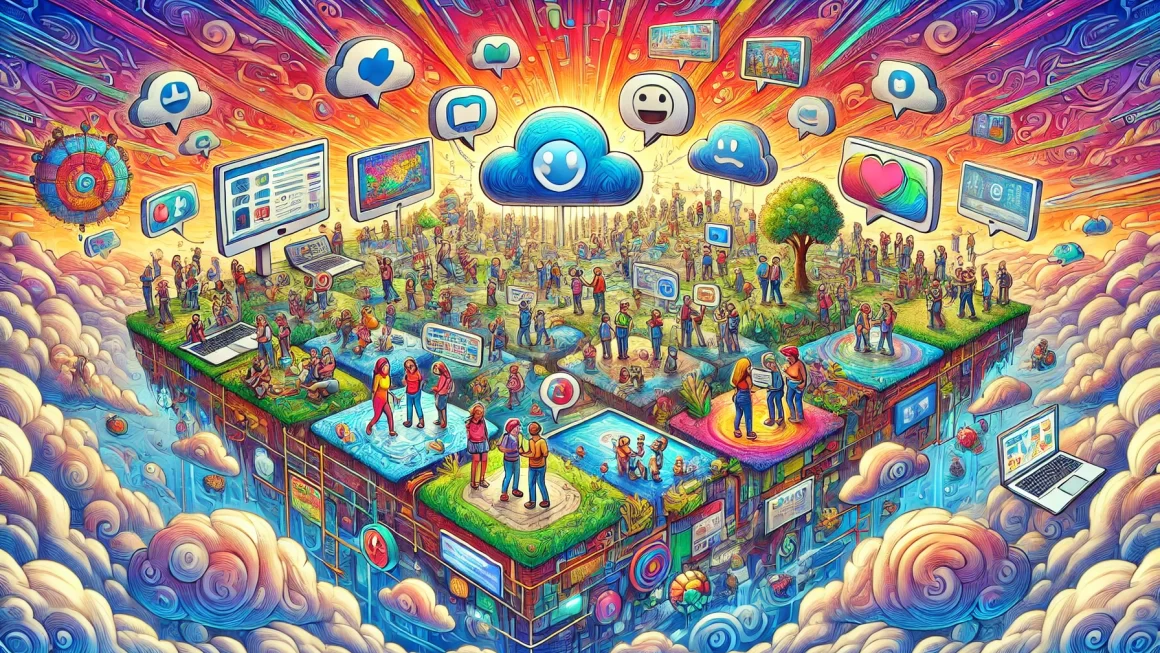In our recent exploration of Recovering from Psychological Abuse: Tools and Techniques, we delved into the steps one can take to mend the mind after encountering abuse. It’s a tough journey, one that many of us face in surprisingly common places, like online communities. Today, let’s unpack the hidden perils of these digital realms where we seek solace, connection, and entertainment but sometimes find danger instead.
The Problem: It’s Not Just Trolls Under the Bridge
Online forums, social media platforms, and gaming communities are our modern-day agoras—spaces to exchange ideas, offer support, and even escape reality for a bit. Yet, there’s an underbelly to these gatherings that can threaten our mental peace. Anonymity, often praised as the internet’s gift of freedom, can also empower less savory behaviors: cyberbullying, harassment, and psychological manipulation.
Stories from the Digital Frontlines
Emily’s Story: A Garden of Thorns
Emily, an avid gardener, joined an online community to exchange tips about nurturing urban gardens. Initially, her posts sprouted engaging discussions and shared enthusiasm. However, the debate over organic versus synthetic methods grew toxic, with some members targeting Emily personally. This wasn’t just a debate; it was an attack, making her dread logging in, a reaction that seeped into her offline world, clouding the hobby that once brought her joy.
Raj’s Virtual Battleground
Raj, a high school student, found camaraderie and competition in an online gaming community. It was all fun until the competition turned bitter, and what were once playful jibes became targeted attacks that included racial slurs and threats. His safe space became a battlefield, turning his leisure hours into a source of anxiety and fear.
The Solution: Cultivating Safety Online
Creating a psychologically safe online space is no small feat, but it’s crucial. Here’s how community managers and members can foster a healthier environment:
- Set Clear Expectations: Just as we have laws to govern behavior in public spaces, online communities need clear, enforced guidelines about acceptable behavior.
- Promote Positive Interaction: Encourage and reward constructive discussions and support. Highlighting positive interactions can set a tone that deters negativity.
- Swift and Fair Moderation: Implement a system where users can report abuse without fear of retaliation. Timely and fair action against violations can deter potential offenders.
- Support Structures: Provide resources for those affected by online abuse, from counseling referrals to guides on securing personal information.
Engaging for Change
As we navigate these digital spaces, let’s remember that behind every username is a real person, potentially impacted by every comment and post. It’s on us—every moderator, every user—to cultivate kindness and respect. It’s not just about making online communities safer; it’s about making them a source of genuine human connection.
What’s Next?
As we grow more aware of the environments we inhabit online, let’s also prepare to peel back another layer of the digital experience. Stay tuned for our next article, where we will explore Psychological Tactics Used in Advertising and Sales. It’s a fascinating and often unsettling world, where knowing the tricks can make all the difference.
Join me as we continue to explore the darker corners of human interaction, aiming not just to understand but to emerge empowered and informed.




